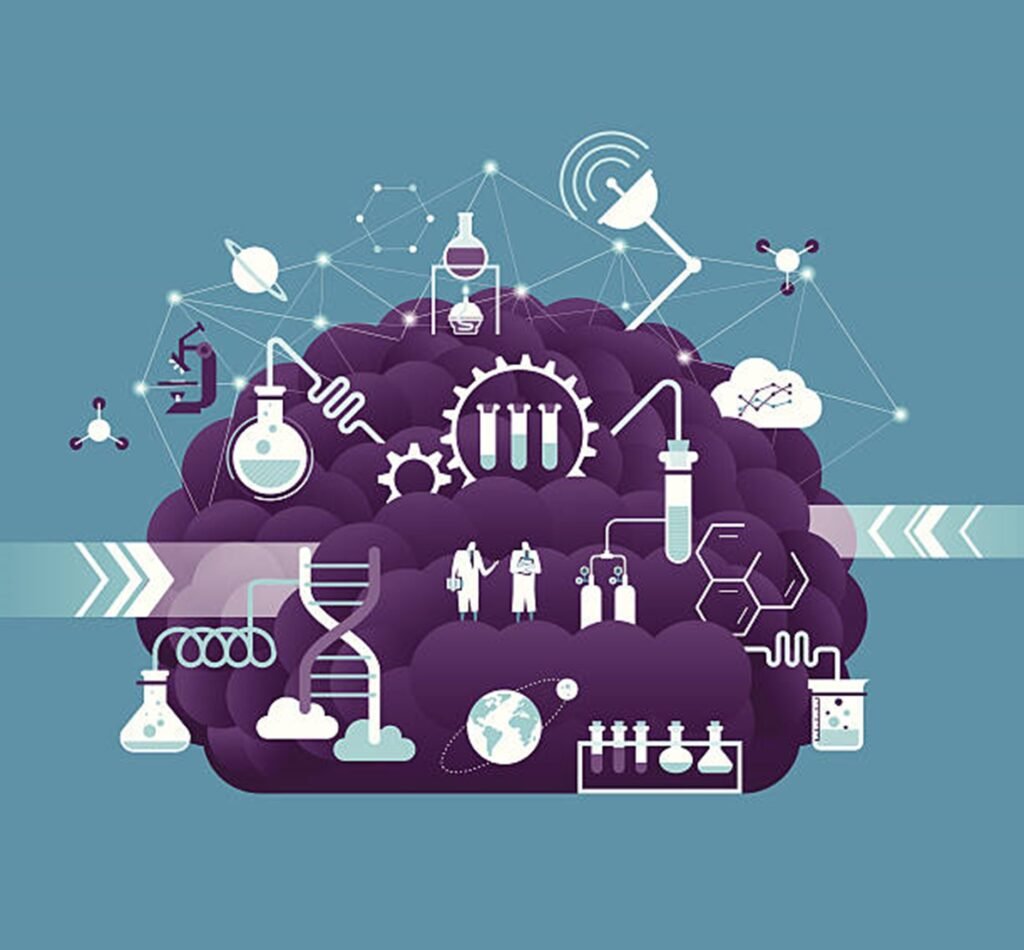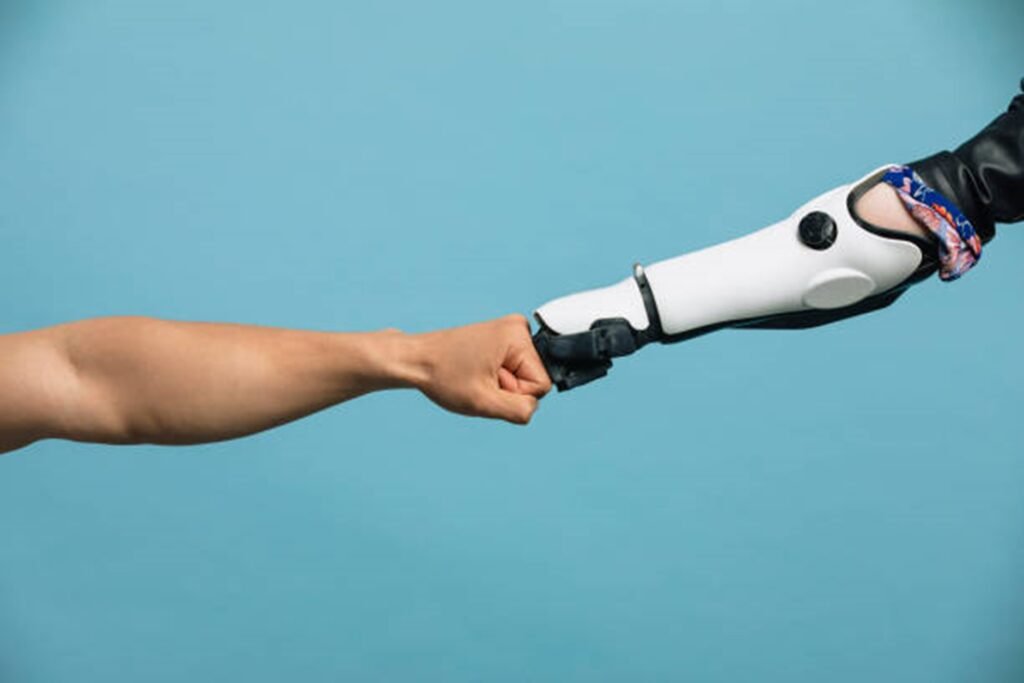By: A. Mishra
Computers and computer software have become increasingly important in every aspect of our lives, including medicine. Advances in Artificial Intelligence, Neural networks and Machine learning are changing the way we diagnose and treat diseases. Biomedical Research is taking advantage of these advances to find new treatments and cures for devastating diseases such as cancer.
How computer science is influencing medical research
Computer science has a tremendous impact on medical research. For example, computer scientists may use mathematical techniques from graph theory for analyzing medical data. This type of analysis can help to better understand human genome sequencing and create new diagnostics technologies.
In the future, if computers are able to process bio-molecules as fast as they process digital data, this could have a tremendous impact on the pharmaceutical industry because it would allow the development of medicines that are customized for an individual’s genetics and physiology. One of the greatest challenges in modern medicine is the fight against growing antibiotic resistant bacteria[1-2].

How to use data science and machine learning in general for biomedical research
There is a plethora of data available for research in the biomedical field, and a lot of it is generated from healthcare.com. The goal of biomedical research is to identify new treatments that either prevent or help those with diseases such as cancer. This is why the Semantic Scholar project was created to use data science and machine learning to analyze biomedical data and come up with new insights for how to manage various illnesses[3-4].

What can we expect from the future of computer science and biomedical sciences?
The possibilities of what we can expect from the future of computer and biomedical sciences is endless and all based on our priorities and resources. One medical researcher, Dr. Jay Dandeno, is using a $200 credit card size computer to monitor his heart rate and breathing patterns as he exercises. And the possibilities don’t stop there as computers are now being used to better understand how different enzymes work by monitoring their activity[5].

Conclusion
Entirely too much of the work in medical research is conducted by “bridge scientists.” This means that people who have a degree in a field other than medical sciences, such as computer science, are forced to do their research in a related field. This has led to valuable contributions, but most people would agree that medical scientists should be working on this topic exclusively.
References
- Alamer, S. A., Ilyas, Q. M., Ahmad, M., & Irfan, D. (2022). A Metaphoric Design of Electronic Medical Record (EMR) for Periodic Health Examination Reports: An Initiative to Cloud’s Medical Data Analysis. International Journal of Cloud Applications and Computing (IJCAC), 12(1), 1-18.
- Anil, B. C., Dayananda, P., Nethravathi, B., & Raisinghani, M. S. (2022). Efficient Local Cloud-Based Solution for Liver Cancer Detection Using Deep Learning. International Journal of Cloud Applications and Computing (IJCAC), 12(1), 1-13.
- Sarivougioukas, J., & Vagelatos, A. (2020). Modeling deep learning neural networks with denotational mathematics in UbiHealth environment. International Journal of Software Science and Computational Intelligence (IJSSCI), 12(3), 14-27.
- Gaurav, A., Psannis, K., & Peraković, D. (2022). Security of Cloud-Based Medical Internet of Things (MIoTs): A Survey. International Journal of Software Science and Computational Intelligence (IJSSCI), 14(1), 1-16.
- Khan, A., Chui, K. T., & Peraković, D. (2022). Future Scope of Machine Learning and AI in 2022. Future, 2021.
Cite this article as:
A. Mishra (2022), How does Computer Science influence Medical Research, Insights2Techinfo, pp.1